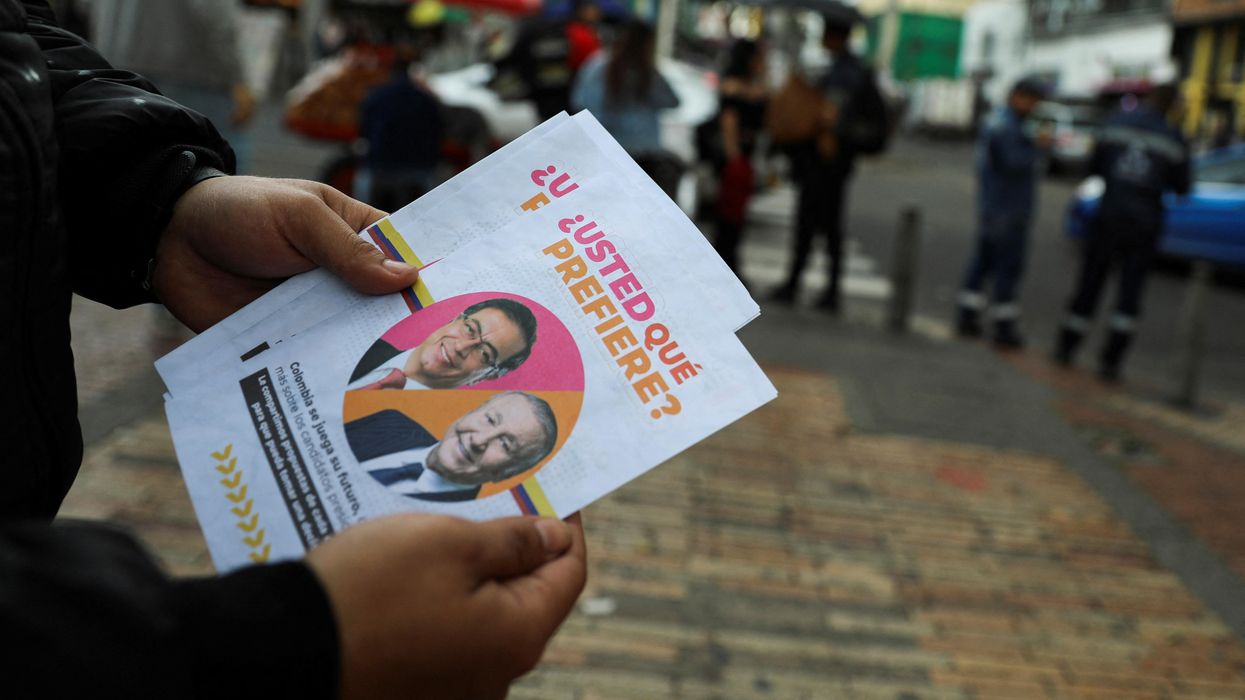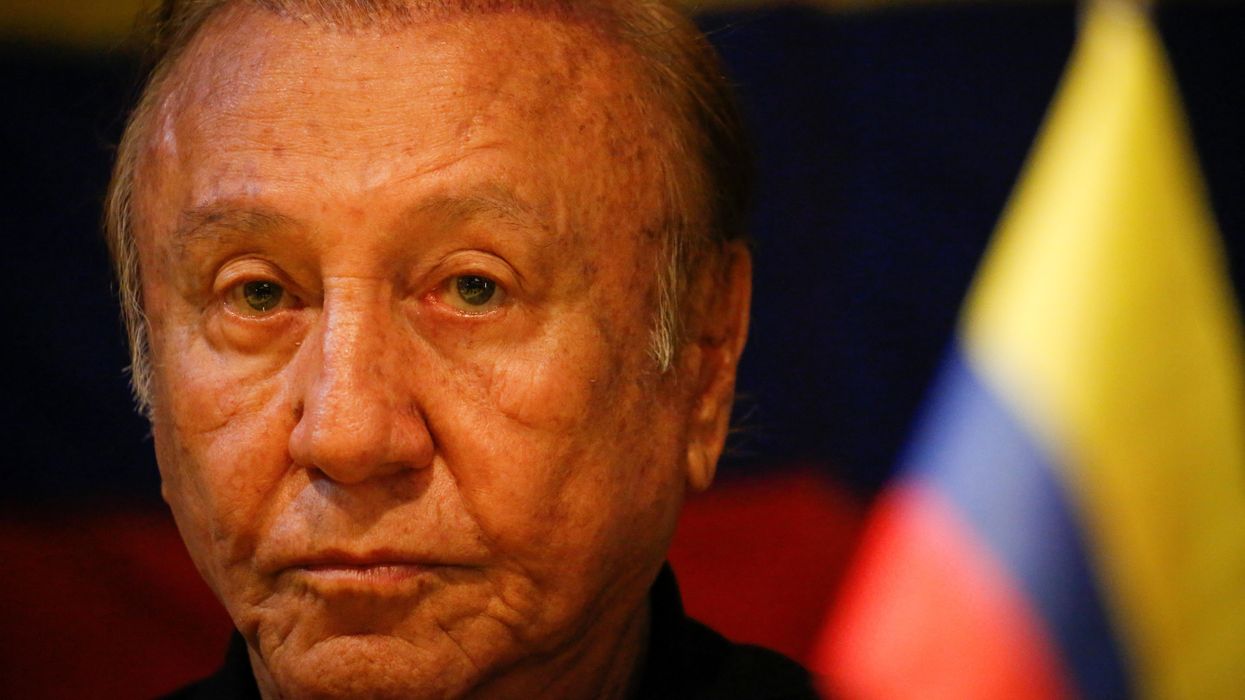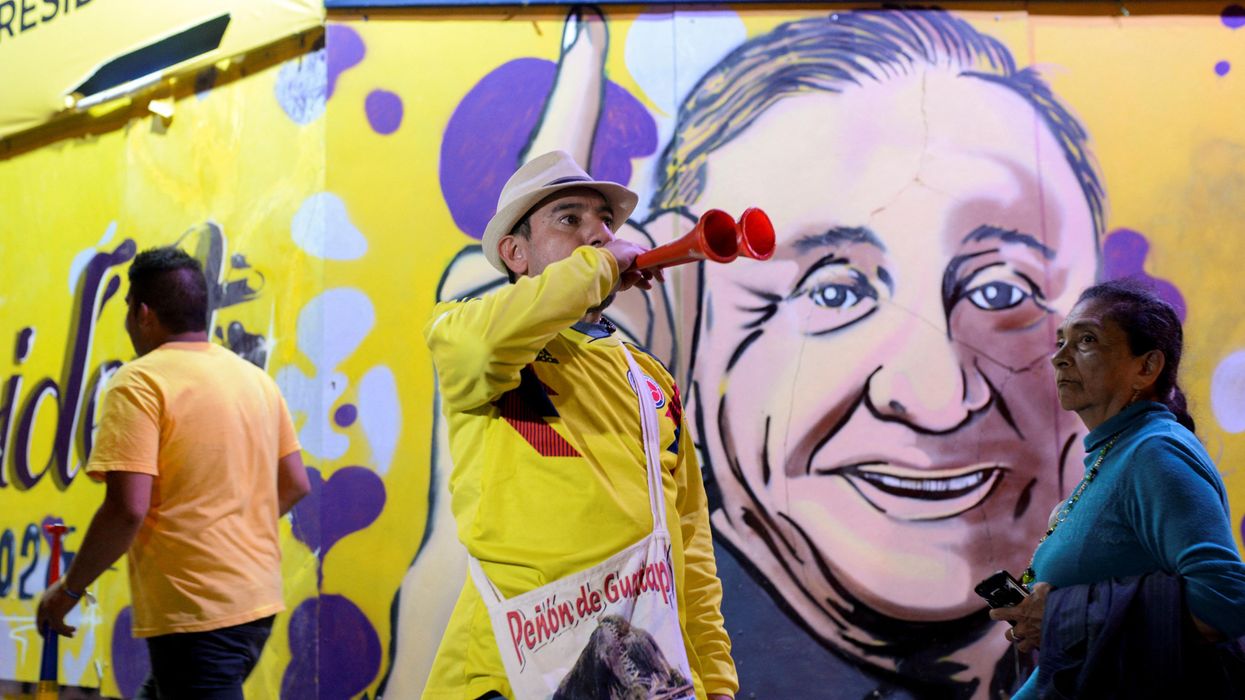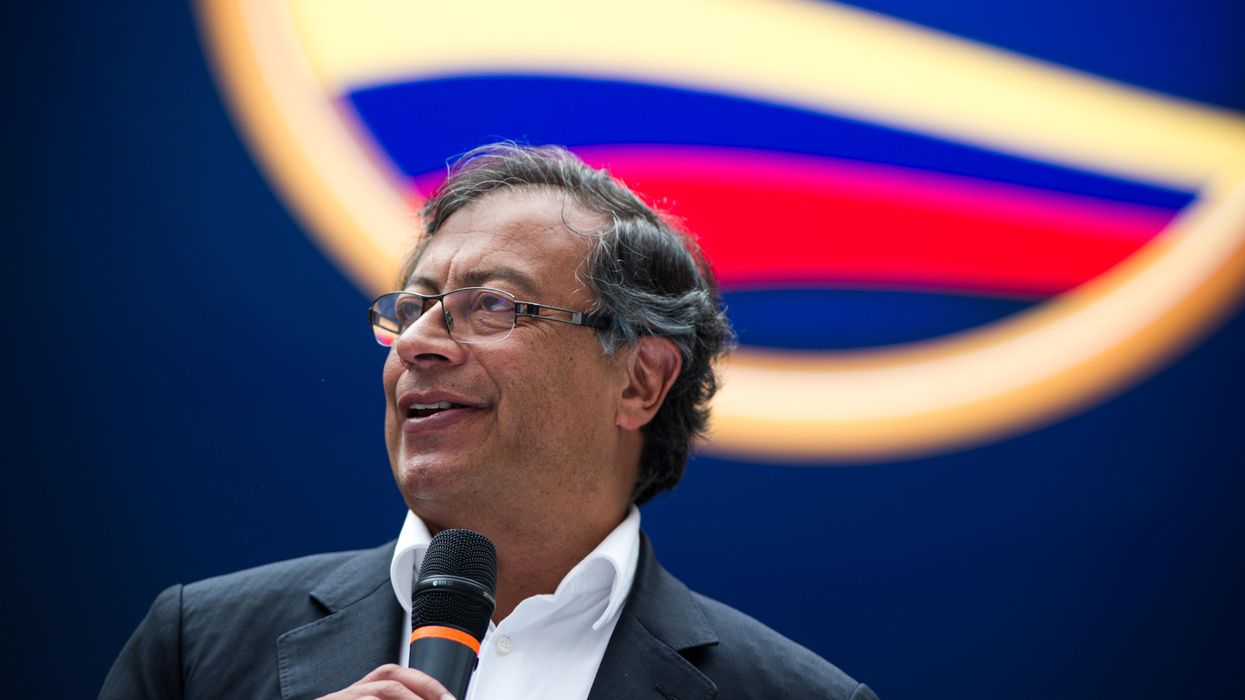News
It's populist vs. populist in Colombia
Voters around the world often say they want change — but rarely are they presented with no choice but to elect a radically different political outsider. That’s what’s happening this weekend in Colombia’s presidential runoff that’s unlike any other in recent memory: the contest pits a populist against … another populist.
Jun 16, 2022




